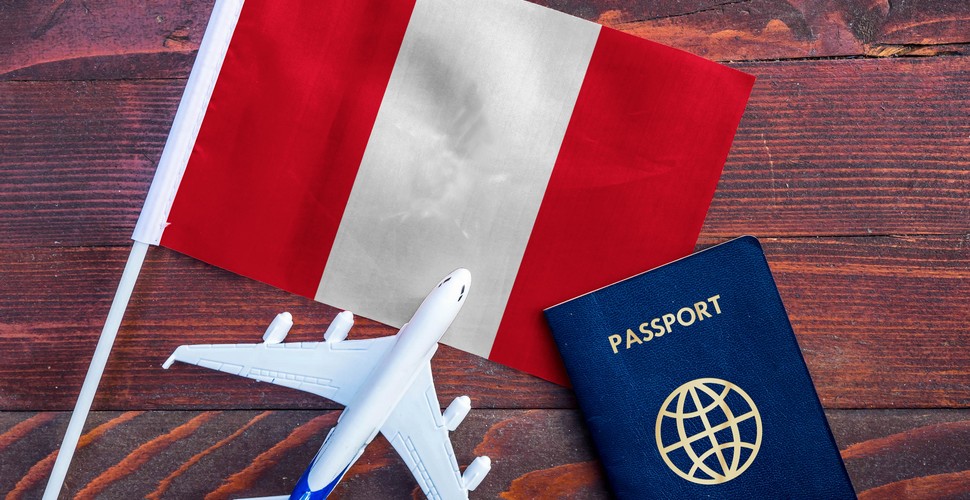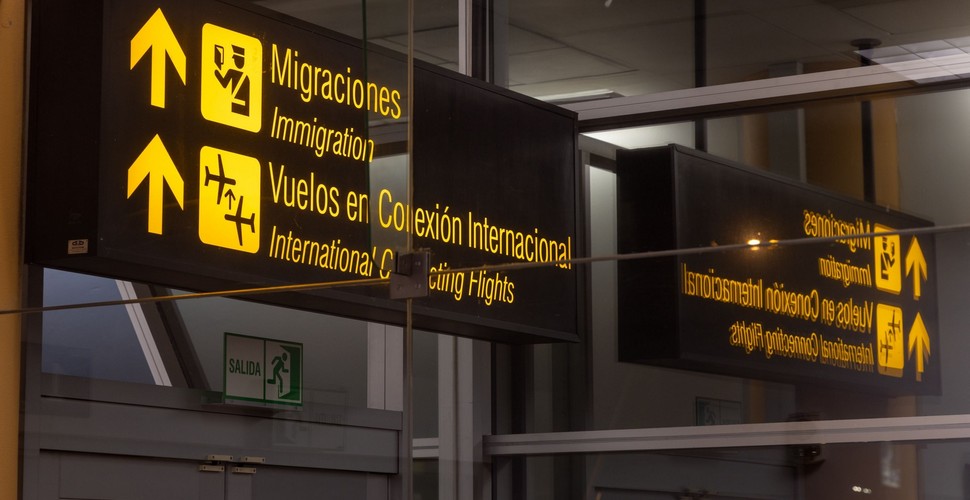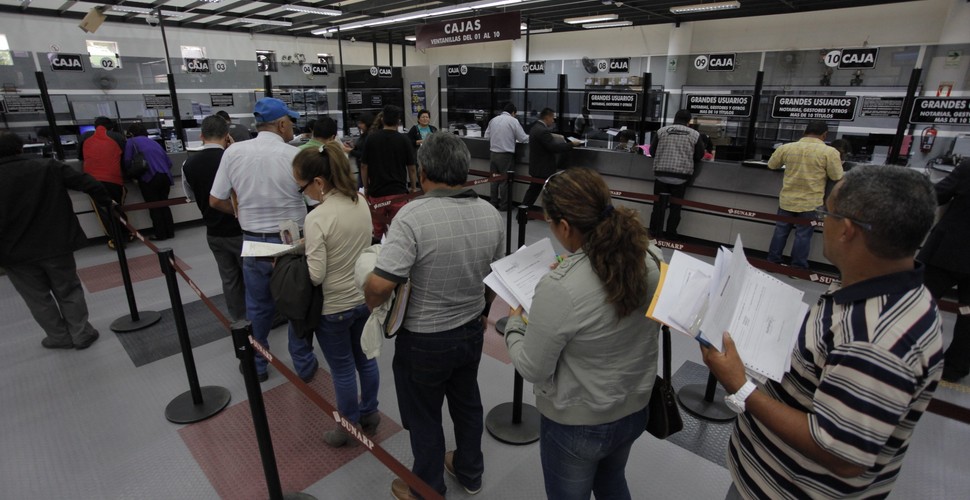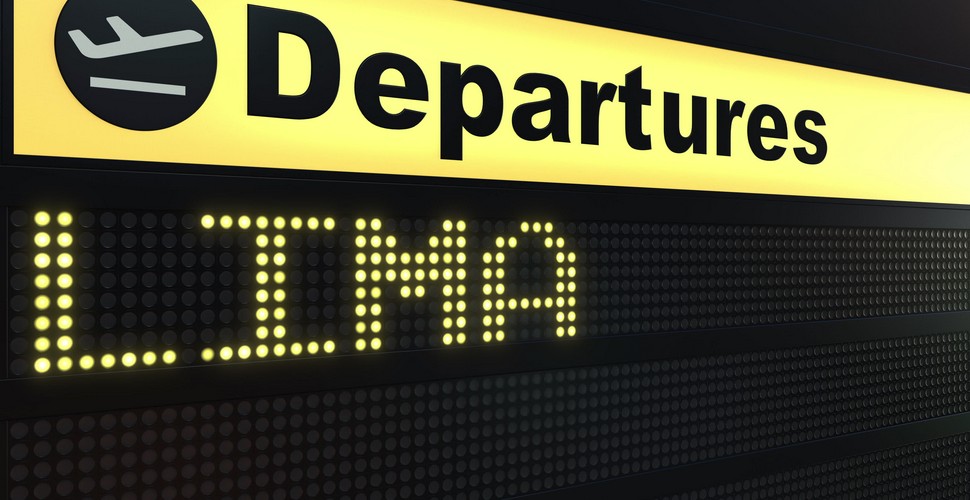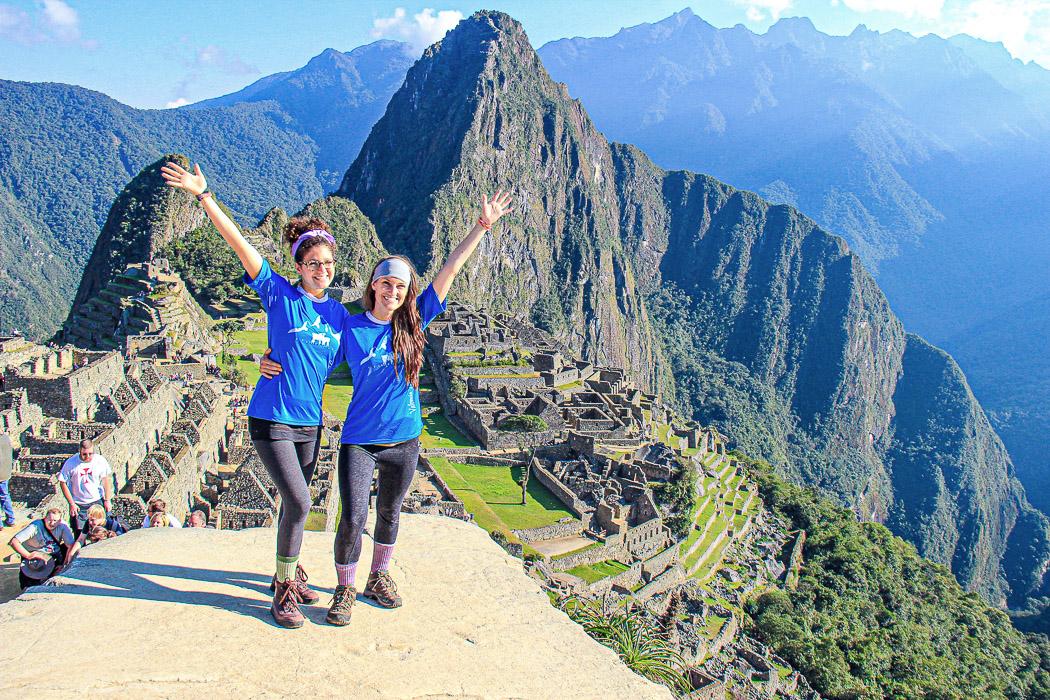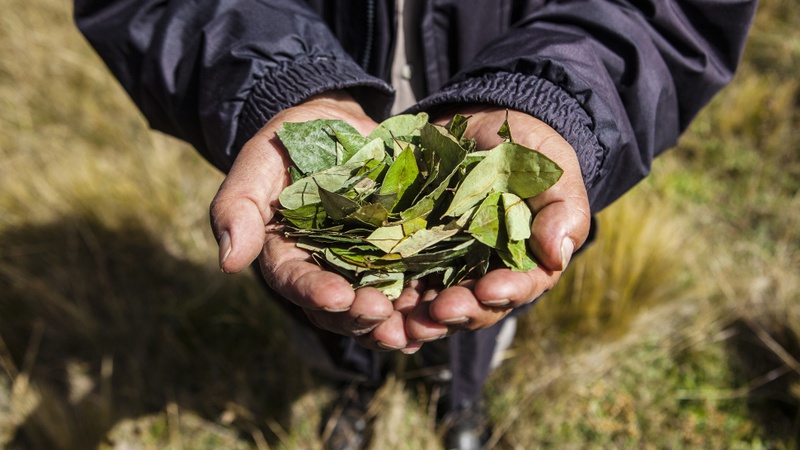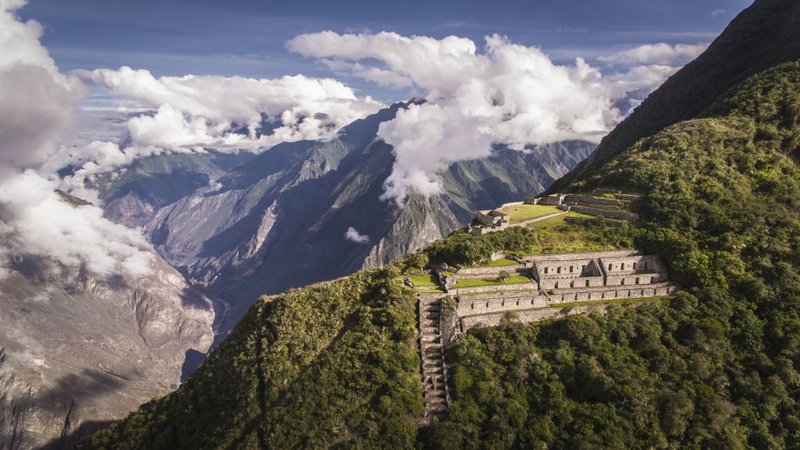

Claire Dean
Travel in South America is a joy to behold. The rich variety of destinations, experiences, landscapes and geography fascinated me so much, that I chose to relocate here, over 20 years ago! The best thing I ever did! Allow me to share my knowledge and passion for Central and South America with you and help you plan your holiday of a lifetime!

Travel Requirements to enter to Peru
Written by:Claire Dean
Last Update: 2025-01-29
Peru is a dream destination! Be amazed by the diversity of the natural, cultural, and historical richness of one of the most megadiverse countries worldwide. From coast to jungle to highland, Peru is home to amazing archaeological sites, colonial cities, colorful markets, and amazing green lush jungle lands. Peru is a true blend of cultures. With Machu Picchu as the icing on the cake, the wealth of archaeological sites in the country is mind-blowing. Peru offers a unique experience for any type of traveler who is seeking culture, nature, fun, and adventure! Here is some important information about the Peru entry requirements for your trip.
Travel Requirements to enter to Peru
Do You Need a Visa For Peru?
Most people will not require a visa to travel to Peru for tourism, but it is a good idea to check with the Peruvian Consulate in your country before you travel. To enter Peru you must have six months of validity remaining on your passport at the time of entry, and at least one page for your entry stamp (and, in turn, space for your exit stamp). You may also be required to show proof of return/onward travel- a plane ticket.
A regular tourist visa will last for anywhere between 30 and 183 days and it depends on the person who issues it. If you have an onward ticket your visa will usually be given for the duration of your stay. If you overstay your visa you will be required to pay a fine of S/ 5.15. soles or $1.50 per day, for every day you overstay in Peru. This must be paid in cash on exit. Ensure that you have the correct money as you leave, or you could find yourself having problems. There is a limit of USD 30,000 cash for entry and exit. Anything higher than USD 10,000 must be declared.
Immigration Sign at The Airport
Peru Visa For U.S. Citizens
For those who are visiting Peru on a U.S. passport, the above applies. You will only need a Peru visa if you are planning to stay for over 183 days.
Overland Entrance Requirements
If you enter Peru overland from Ecuador, make sure your passport is stamped with a Peruvian entry stamp at the local immigration office. Most people crossing the border with Ecuador enter Peru through Aguas Verdes (Tumbes region) - you may need to ask for directions from the immigration office. If your passport is not stamped at the border with Ecuador, you can have it stamped at the Immigration Office in the city of Tumbes. If you enter Peru from Bolivia by bus or taxi, make sure your passport is stamped with a Peruvian entry stamp at the immigration office in Desaguadero or Copacabana.
Immigration authorities will not let you leave Peru without a valid exit stamp from the last country you visited.
If you enter Peru without an entry stamp then you’re required by law to apply for a new entry stamp at the nearest immigration office. The immigration authorities will need you to provide your passport and evidence of your entry to Peru, eg air/bus ticket in your name, exit stamp from the last country you visited, and any other documentation they deem necessary. If you’re unable to provide any such evidence you must apply for an exit or expulsion order at the Immigration Office in Lima. You won’t be allowed to leave Peru without this, and you may be prevented from re-entering Peru for the next five to ten years.
Your Embassy cannot intervene in immigration issues so make sure you get your entry stamp when you arrive in Peru at a land border. Please note that passports are not stamped when you enter Peru through Jorge Chavez International Airport in Lima. Your details will be recorded in the immigration database and will be available when you leave Peru. You have access to this information on the immigration website.
Immigration Control, Lima Airport
Check Your Passport and Travel Documents Before you Travel
Check with your travel provider to make sure your passport and other travel documents meet their requirements. If you are visiting Peru, your passport should be valid for six months from the date you arrive. This does not apply to foreign residents in Peru holding a valid Peruvian residence card and their passports will not require a minimum validity. Some airlines have been allowing non-resident passengers to travel to Peru without the six-month passport validity requirement. These passengers have not been allowed to enter Peru upon arrival.
Airport Sign
Traveling with Children
Children under the age of 18 years traveling on a foreign passport who have resident status in Peru need written permission (Autorización de Viaje Notarial) from the non-accompanying parent(s) to leave the country. This permission is obtained by a notary public in Peru. The letter must mention the proposed destination, the purpose of the trip, the date of departure, and the return date.
Children who have tourist status do not need these permissions, but immigration officers are free to request them in circumstances considered suspicious by the immigration authorities or if the child has stayed in Peru for over 90 days.
Travel to Peru With Children
Entering Any South American Country
Each country in South America has its own entry requirements, so you should check the details for each country you intend to visit. For holders of US, Canadian, British, Australian, New Zealand, and most EU passports, most countries in South America do not require a visa, and those that do are straightforward to obtain – but you must check! As of the 10th of April, 2025, U.S. Canadian and Australian citizens will require an Evisa to enter Brazil. You can apply on this link https://brazil.vfsevisa.com.
Citizens of most EU countries and Australia do not need a visa to enter Bolivia.
All U.S. citizens visiting Bolivia are required to obtain a visa. A visa can be obtained at a Bolivian Embassy or Consulate in the United States or a neighboring country. In addition, a tourist visa can be purchased at any land or air border. Entry is granted for 30 days. U.S. citizens who wish to extend their stay can apply for an extension through the Dirección General de Migración (National Migration Service), which has offices in most major cities.
- You should apply for a visitor visa. With a visitor visa, you may stay 30 days per trip, not to exceed 90 days per year. A Bolivian visitor visa costs $160 US and can be paid in U.S. or local currency upon arrival.
- Foreign travelers to Bolivia must complete the web-based registration process (SIGEMIG) prior to arriving in Bolivia.
- You also need to show proof of lodging in Bolivia, such as a hotel reservation. If staying with Bolivian friends or family, authorities may require a letter of invitation from the host.
- Check out the Bolivia entry requirements here


